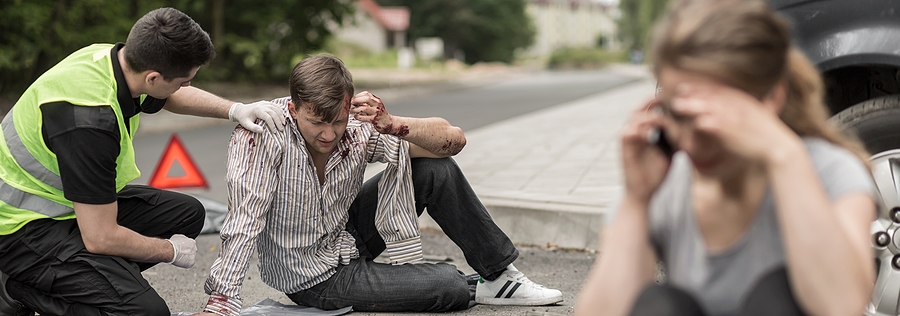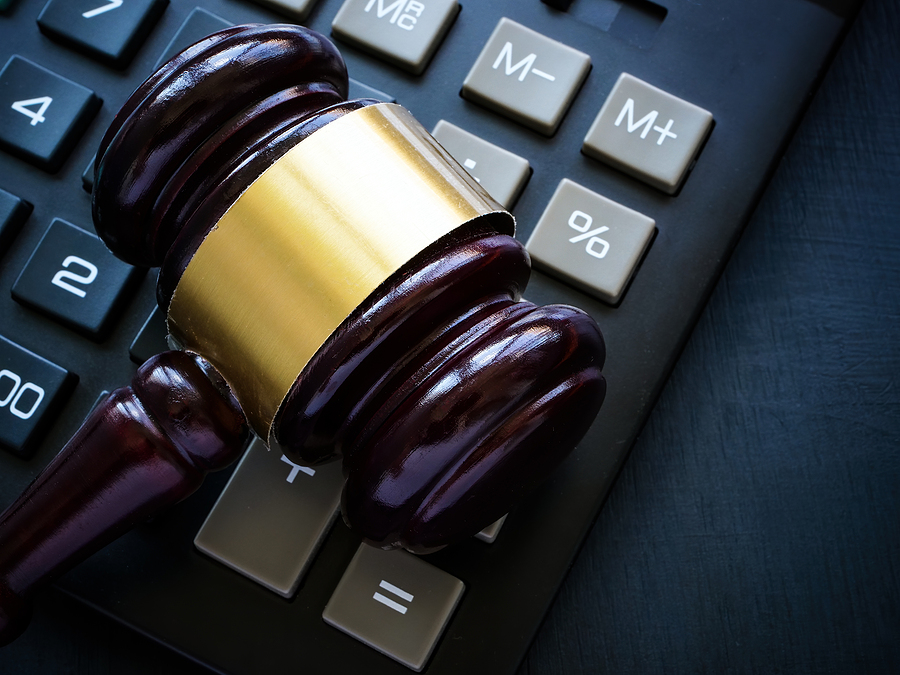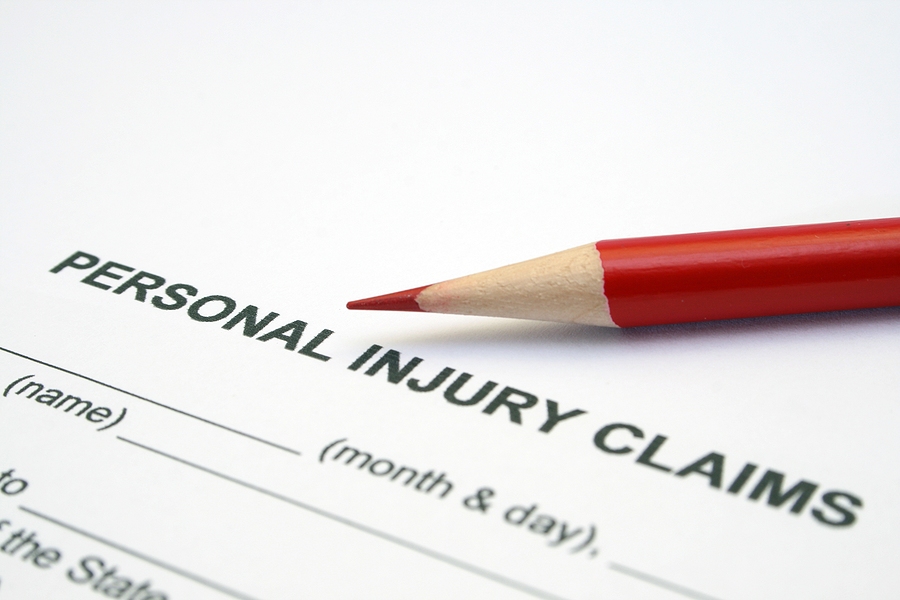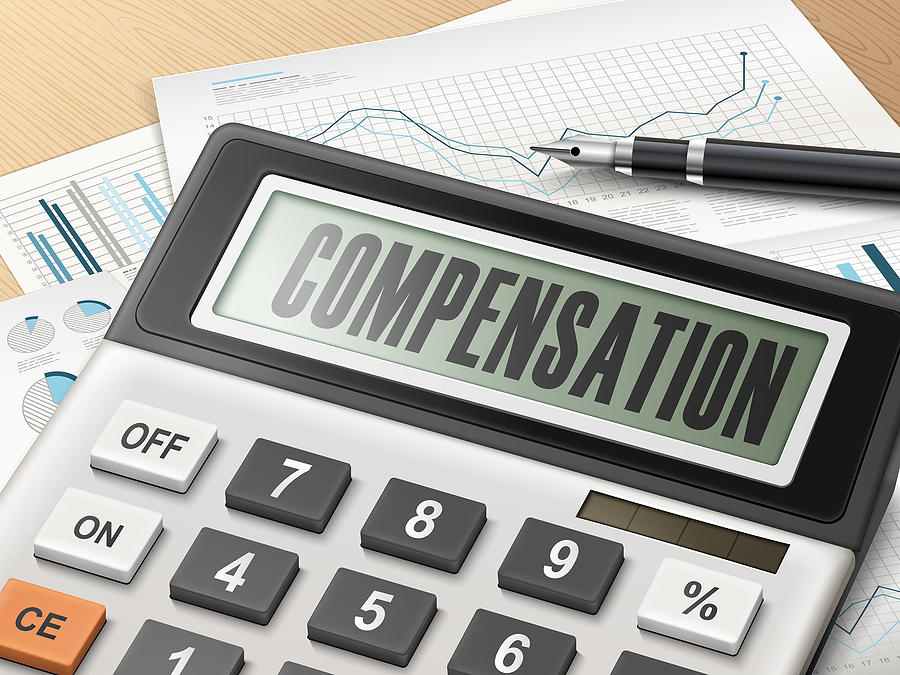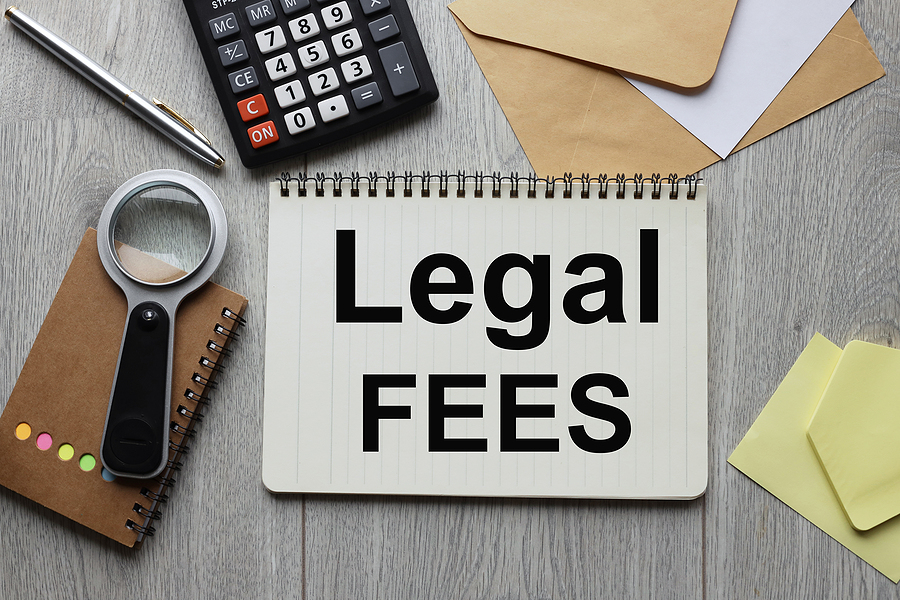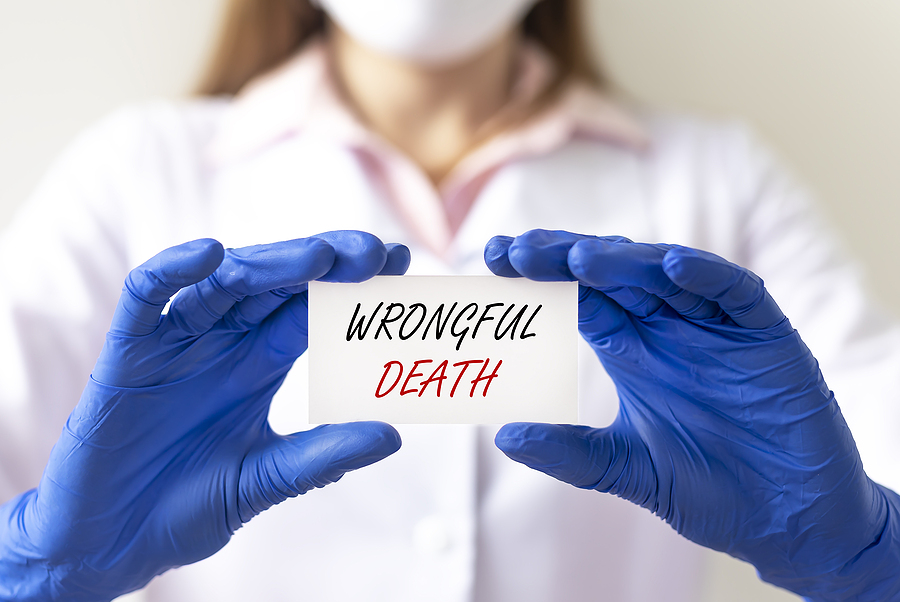Post-traumatic stress disorder (PTSD) can be an inescapable shadow that lingers long after the physical wounds of a serious accident have healed. For many who have experienced traumatic events on the road, at work, or in their daily lives, post-traumatic stress disorder can reshape their mental landscape, introducing new challenges and struggles that were never part of their pre-accident identity. This extensive guide aims to walk accident survivors, PTSD support groups, and individuals navigating personal injury challenges through the often tumultuous terrain of post-accident PTSD.
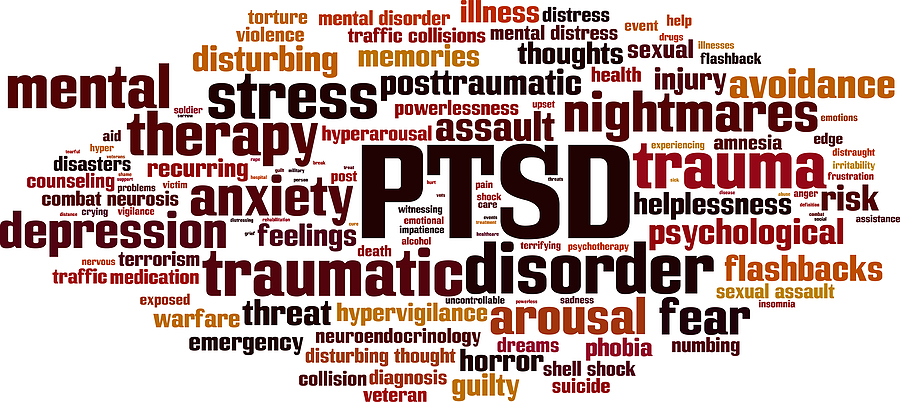
Understanding PTSD in the Context of Accidents
Post Traumatic Stress Disorder, also referred to in short as PTSD, is a mental health condition triggered by witnessing or experiencing a terrifying event. It can manifest in numerous ways, from flashbacks and nightmares to severe anxiety and uncontrollable thoughts about the event. When these symptoms persist for an extended period, often beyond a month, and disrupt daily life, they may indicate PTSD.
Survivors of serious accidents are particularly susceptible to the onset of post-traumatic stress disorder, given the sudden and life-threatening nature of their experiences. The acute phase of post-traumatic stress disorder may begin in the immediate aftermath of the event, followed by chronic symptoms that can endure for months or years. Some individuals may even face a delayed onset, where PTSD symptoms emerge significantly after the incident, sometimes even decades later.
Survivors may struggle with feelings of guilt, helplessness, or fear, which can interplay with physical injuries and the practical aftermath of the accident, such as navigating insurance claims or adjusting to a new way of life. It’s essential to recognize that developing PTSD is not a sign of weakness but rather a normal human response to an abnormal event.
FAQs about Post Traumatic Stress Disorder After Accidents
What are the Common Symptoms of PTSD After an Accident?
Symptoms of post-traumatic stress disorder can vary widely, but some common indicators include:
- Reliving the traumatic event through intrusive memories, flashbacks, or nightmares
- Being overly alert or easily startled, often referred to as hyper-arousal
- Avoidance of places, people, or activities that remind the individual of the trauma
- Negative changes in thinking and mood, like persistent negative emotions or a distorted sense of blame
It’s crucial to note that not everyone experiences PTSD in the same way, and some individuals may exhibit symptoms not listed here. Seeking professional help is the best way to understand one’s unique symptoms and needs.
How is PTSD Diagnosed and Treated in Accident Survivors?
Diagnosis is usually a two-step process that involves a psychological evaluation and a discussion of symptoms and their impact on daily life. Treatment can encompass various methods, including psychotherapy, medication, or a combination of both. Cognitive-behavioral therapy (CBT) has shown particular effectiveness in helping individuals manage and reduce post-traumatic stress disorder symptoms, as it focuses on identifying and addressing unhelpful thought patterns and behaviors that can accompany the disorder.
What are the Long-Term Effects of PTSD?
The long-term implications of post-traumatic stress disorder can be profound. It can affect relationships, work, and personal well-being, leading to issues such as depression, substance abuse, and even physical health problems if left untreated. Long-term treatment and support are often necessary to manage PTSD effectively.
How Does PTSD Affect Personal Injury Claims and Compensation?
Post-traumatic stress disorder can be a significant factor in personal injury claims. It is recognized as a valid medical condition that can impact an individual’s quality of life, which can influence the compensation awarded in a claim or lawsuit. Remember that the mental anguish and physical pain caused by the accident are as real and deserving of care and full and fair compensation as any physical injury sustained.
What Can Accident Survivors Do to Manage and Overcome PTSD?
Seeking professional help from a therapist experienced in trauma is an essential first step. Additionally, support groups and peer connections can offer invaluable understanding and companionship through the recovery process. Engaging in self-care practices, like regular exercise, a healthy diet, and mindfulness techniques, can also complement professional treatment, offering survivors additional tools for managing their symptoms.
Support and Resources for PTSD Survivors
It’s important for accident survivors grappling with PTSD to know they do not face their struggles alone. There are countless support groups and hotlines specifically dedicated to providing assistance to individuals navigating post-traumatic stress disorder after traumatic incidents or catastrophic injuries. Connecting with these community resources can offer the support and empathy that is often vital in healing.
Professional help should be sought through qualified therapists, psychologists, or psychiatrists specializing in trauma. Building a personal support network can further bolster one’s ability to cope with PTSD. Friends, family, and understanding colleagues can contribute immensely to a survivor’s recovery by offering non-judgmental support and compassionate listening.
Seeking Legal Aid for PTSD Supporting Personal Injury Claims
Legal representation is crucial for individuals suffering from post-traumatic stress disorder pursuing a personal injury settlement or lawsuit. A skilled personal injury lawyer has the expertise to present the case in the most impactful way, ensuring that both the physical and psychological toll of the accident are accurately reflected in the claim. Most jurors or insurance adjusters have never dealt with PTSD on a personal level and it is the lawyer’s job to try to help them to understand the daily ramifications of such a diagnosis. Lawyers can also aid in connecting survivors with the necessary resources to address their post-traumatic stress disorder, such as mental health professionals or support groups.
Conclusion
Understanding and addressing PTSD after a serious accident is a challenging but essential step to reclaiming one’s life. By learning about the condition, seeking professional help, and building a robust support network, survivors can gradually learn to manage and significantly dimmish their symptoms and move forward. PTSD should not be a life sentence. With patience, understanding, and the right tools, survivors can begin to heal and discover new strengths within themselves. The road to recovery may be long, but each step taken is a triumph over the trauma that once held them captive. It’s not about erasing the past but about empowering the present and shaping a future that’s defined by resilience and infinite possibilities.
If you or someone you know is struggling with PTSD after an accident, reaching out for support is the first step in a new, hopeful chapter. Your story is not over; it’s evolving, and you have the power to direct its course towards a brighter, healthier tomorrow.
Get help with your Indiana accident claim today. Contact Craven, Hoover & Blazek, P.C. at 317-881-2700 to schedule a free initial case evaluation with a veteran personal injury attorney in Indianapolis, Indiana. Meet with us over the phone, video conference, or in person at our Indy office. We can also meet you at your inpatient medical treatment center if necessary.
Related Posts:
Does Personal Injury Compensation Cover Mental Health Treatment?
Can I File a Personal Injury Claim for Depression?
How to Get Help With Your Minor Traumatic Brain Injury (MTBI) Claim


